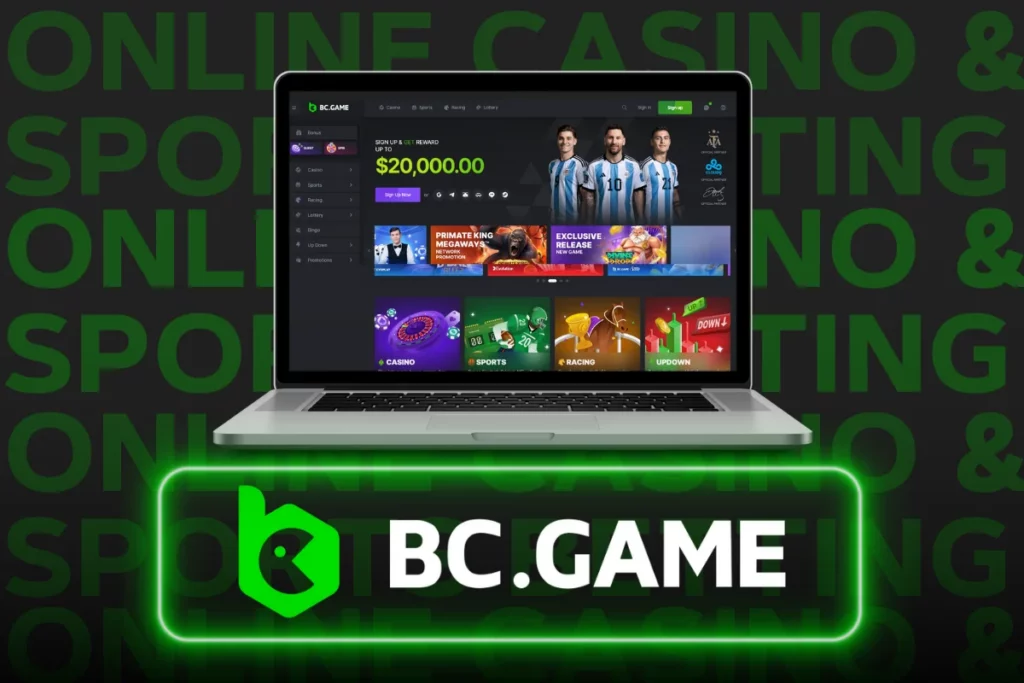Walking out of rehab feels like stepping into a completely different world. Everything looks the same, but you’re fundamentally changed. The real challenge isn’t the 30, 60, or 90 days you spent in treatment – it’s what happens next. Life after rehab in India brings a unique set of obstacles that nobody really prepares you for, and frankly, it can be terrifying.
The Shock of Reality
The transition from a structured treatment environment to everyday life hits hard. In rehab, your days were planned down to the minute. Meals, therapy sessions, group meetings, recreational activities – everything had its place. Suddenly, you’re responsible for filling 24 hours a day with meaningful, sober activities. That freedom can feel overwhelming.
I’ve talked to countless people who describe their first week home as more difficult than their first week in treatment. At least in alcohol rehabilitation centre in Pune, you knew what to expect. Real life? That’s unpredictable. Bills need paying, relationships need mending, and somehow you’re supposed to do all this without your old coping mechanisms.
Rebuilding Broken Relationships
Perhaps the hardest part of post-rehab life is facing the people you hurt during active addiction. Family members who stopped trusting you don’t suddenly change their minds because you completed a program. Friends who distanced themselves aren’t automatically ready to welcome you back. These relationships require patient, consistent effort to rebuild.
Trust isn’t restored overnight. Your spouse might still hide their wallet. Your parents might call to check on you multiple times a day. Your children might flinch when you raise your voice, even in excitement. These reactions sting, but they’re understandable. You have to prove through actions, not words, that you’ve truly changed.
Some relationships won’t survive. That old drinking buddy who can’t understand why you won’t “just have one beer” might fade away. The friends who enabled your addiction might feel threatened by your sobriety. Learning to let go of toxic relationships while nurturing healthy ones becomes a crucial skill.
Financial Reality Checks
Addiction is expensive, but so is recovery. Many people leave rehab facing significant financial challenges. Credit cards maxed out, rent behind, maybe even job loss – the financial wreckage doesn’t disappear just because you’re sober.
Getting back on your feet financially requires patience and planning. You might need to take a job that’s “beneath” your qualifications while you rebuild your reputation. Swallowing your pride becomes necessary. The good news? Clear thinking makes financial planning much easier than it was during active addiction.
Creating a budget, paying bills on time, and slowly rebuilding credit becomes part of your recovery routine. Some people find that financial recovery takes longer than emotional recovery, and that’s okay. Small, consistent steps forward matter more than giant leaps.
Finding Your New Identity
Who are you without substances? This question haunts many people in early recovery. If drinking or using drugs was central to your social life, personality, or coping strategy, sobriety can feel like losing your identity entirely.
Discovering sober interests takes time and experimentation. Maybe you rediscover old hobbies that addiction pushed aside. Perhaps you develop entirely new passions. Some people find meaning in helping others who are struggling with similar issues. Others pursue education, career changes, or creative outlets they never had energy for before.
The key is patience with yourself during this discovery process. You don’t need to have everything figured out immediately. Try different activities, meet new people, and stay open to possibilities you never considered before.
Dealing with Triggers and Cravings
Life outside of rehab is full of triggers you couldn’t practice avoiding in treatment. Driving past your old dealer’s house, seeing alcohol commercials, smelling cigarettes, or even feeling certain emotions can trigger unexpected cravings.
Developing a toolkit for handling these moments becomes essential. Some people call their sponsor. Others practice breathing techniques, exercise, or attend meetings. Having multiple strategies helps because what works on Tuesday might not work on Friday.
Cravings don’t disappear completely, but they do change. What once felt overwhelming and urgent becomes manageable background noise. The key is recognizing that having a craving doesn’t mean you have to act on it.
Creating New Routines
Structure matters in recovery, but it needs to be self-imposed rather than externally managed. Developing healthy daily routines – regular sleep schedules, exercise, meals, and meaningful activities – provides the framework for sustainable sobriety.
This might mean completely restructuring your social calendar. Weekend plans that once revolved around bars now center on hiking, movies, coffee dates, or family time. Evening routines might include meditation, reading, or hobby time instead of drinking.
Recovery is about building a life so fulfilling that substances become unnecessary rather than forbidden. This takes time, patience, and often some trial and error. The goal isn’t perfection – it’s progress toward a life worth living sober.






